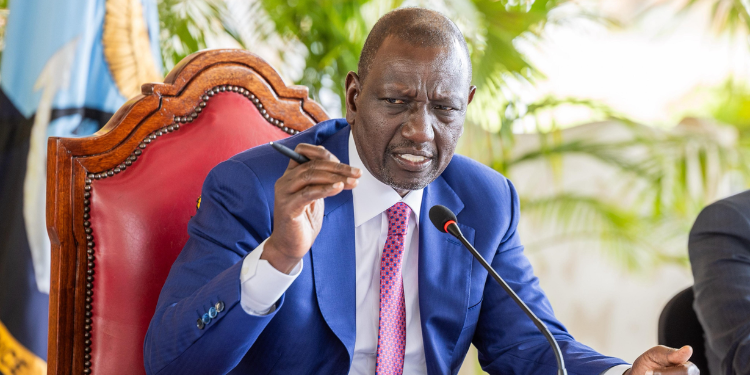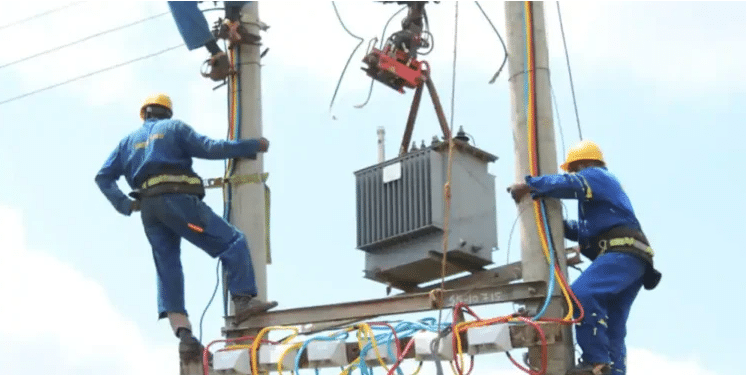Kenya has the second most expensive electricity prices in Africa affecting household and businesses.
According to Statista report, consumers in Kenya are paying approximately $0.26 (Ksh34) per kilowatt-hour as of June 2024.
This ranking places Kenya behind Cabo Verde, which has topped the list with electricity costs at $0.35 (Ksh45) per kilowatt-hour.
Sierra Leone follows Kenya closely with household power prices at $0.25 (Ksh32) per kilowatt-hour, according to the report.
Moreover, the report indicated that the high cost of electricity is straining Kenyan households and leading to the high cost of living.
Also Read: Kenyan Companies Seek Licenses to Challenge Ruto’s Project
Other African Countries Ranked
On the other hand, Egypt, Zambia, Angola, and Libya have been ranked among the countries with the lowest electricity prices on the continent.
The report noted that the countries have some of the most favourable energy policies, lower generation costs, and better infrastructure investments.
Despite the high costs, electricity access has been highlighted as a challenge in some regions of Africa.
North Africa enjoys near-universal electricity coverage, while Western, Southern, and Eastern Africa report access rates of just over 50%.
Meanwhile, Central Africa lags behind at around 31%.
However, the report notes that some Eastern African nations, including Kenya, have made strides in electricity reliability.
Between 2021 and 2023, 99% of Mauritians and 96% of Seychellois reported having a consistent electricity supply.
Also Read: Token Prices to Hike Under New Street Lighting Levy
Why is Electricity Expensive in Kenya
There are multiple factors influencing high electricity prices in Kenya according to ESI Africa, a power, energy and mobility journal.
These factors include infrastructure costs, government policies, and reliance on expensive energy sources.
Unlike nations such as Iran, Qatar, and Russia, which benefit from lower electricity prices due to abundant crude oil and natural gas production, Kenya largely depends on imported fossil fuels for power generation. This reliance makes it vulnerable to global market fluctuations and higher energy costs.
On the other hand, some European countries, such as Germany and Belgium, face higher electricity prices due to significant tax components. Germany’s electricity rates stand at $0.39 (Ksh50) per kilowatt-hour, while Belgium follows at $0.37 (Ksh48) per kilowatt-hour.
In an attempt to expand electricity access to unserved communities, Collective Energy Africa made public its intent to leverage decentralized solar power instead of relying on the national grid, to offer a more sustainable and cheaper alternative for rural electrification.
The company develops and operates an off-grid solar microgrid.
According to the company, it wants to operate the grit in Kupai, Narok County, at remote village with 28 houses that currently lack access to electricity.
Collective Energy Africa is among several other companies in Kenya that have expressed interest in ensuring that communities in the country enjoy near-universal electricity coverage.
Follow our WhatsApp Channel and join our WhatsApp Group for real-time news updates











































































